Family gatherings during the holidays can be a joyful time of connection—or a minefield of unspoken expectations, power struggles, and old resentments. If you’ve ever walked away from a holiday dinner feeling drained and confused, it might be because of the hidden rules governing family dynamics. These unspoken norms shape how family members relate, interact, and communicate, often without us even realizing it.
Drawing on family dynamic theory, let’s explore these hidden rules and how they impact your holiday interactions, while keeping things easy to understand (with a little humor sprinkled in for good measure).
1. The “Roles” We Play
Every family member has a role, often assigned subconsciously. Maybe you’re the “Peacemaker,” smoothing over tension with jokes, or the “Over-Achiever” who feels pressured to show up with the best homemade pie. These roles often stem from family systems theory, which suggests that families, like ecosystems, work to maintain a certain balance—even if it’s dysfunctional.
Unspoken Rule: “Stick to your role.”
The problem? These roles can be exhausting and limit personal growth. If you step out of your role, like declining to play the family referee for once, it can unsettle the whole dynamic. But changing the script is sometimes necessary for healthier interactions.
2. The “Don’t Rock the Boat” Rule
Many families have a “Don’t Rock the Boat” rule: keep the peace at all costs, even if it means ignoring the proverbial elephant in the room. This often leads to emotional suppression—people walking on eggshells or pretending everything is fine when tension simmers just below the surface.
Unspoken Rule: “Avoid conflict.”
While this rule might preserve surface harmony, it also prevents meaningful communication and real resolution. Bottled-up feelings tend to explode later, often at inopportune moments (like during dessert). Breaking this rule by gently addressing underlying issues—ideally when emotions are cooler—can lead to healthier family dynamics over time.
3. The “Unquestioned Hierarchy”
In many families, there is a clear but unspoken hierarchy. Whether based on age, gender, or tradition, certain family members are expected to lead or dominate decisions. Grandma’s word might be law when it comes to the holiday menu, or Dad always gives the final toast. Structural family therapy describes this as a hierarchy that maintains order but can stifle individuality.
Unspoken Rule: “Respect the hierarchy.”
The downside? It can breed resentment, especially when younger family members’ voices are dismissed. Encouraging more inclusive decision-making—like inviting everyone to contribute to holiday plans—can help dismantle rigid hierarchies.
4. The “Secrets Stay Secret” Mentality
Some families operate on a “what happens here, stays here” basis, where certain topics are off-limits. This is particularly common in families dealing with issues like addiction, financial trouble, or mental health concerns. Family dynamic theory suggests that keeping secrets can create loyalty binds but often leads to enmeshment (where boundaries are blurred and autonomy is limited).
Unspoken Rule: “Keep family matters private.”
While it’s natural to value family privacy, secrecy can prevent individuals from seeking outside support. Talking openly (with respect for boundaries) or enlisting professional help when needed can break the cycle of silence and create healthier dynamics.
5. The “Comparisons and Competitions” Game
Ah, the subtle (or not-so-subtle) comparisons: who has the best job, whose kids are the most accomplished, whose pecan pie is the flakiest. This dynamic often stems from sibling rivalry and intergenerational expectations. It can lead to insecurity, resentment, and a never-ending game of one-upmanship.
Unspoken Rule: “Be the best (or at least pretend to be).”
Comparisons sap joy and authenticity. Recognizing this dynamic and refusing to engage—while genuinely celebrating each other’s successes—can reduce competitive tension. Remember, the holidays aren’t a contest.
6. The “Caretaker Burden”
In many families, one person bears the weight of organizing, caregiving, or resolving conflicts. This role, often filled by women, is deeply rooted in gendered expectations and often goes unacknowledged.
Unspoken Rule: “It’s your job to hold us together.”
While caretaking is an act of love, it shouldn’t come at the expense of the caretaker’s well-being. Openly discussing how responsibilities can be shared more fairly lightens the emotional load.
7. The “Memory Wars” Phenomenon
Ever noticed how family members remember the same event differently? Maybe one sibling recalls the family road trip fondly, while another remembers it as a nightmare. Memory is subjective, and family narratives often get shaped by dominant voices, leading to disagreements.
Unspoken Rule: “Our version of history is the truth.”
Acknowledging that everyone’s experience is valid creates room for empathy and dialogue, even if you agree to disagree.
Tips for Navigating Hidden Family Rules
- Observe Without Judgment: Recognize the roles, rules, and dynamics at play in your family without criticizing yourself or others. Awareness is the first step to change.
- Communicate Gently: If you’re ready to address an unspoken rule, choose a calm moment to start a conversation. Use “I” statements, like “I feel overwhelmed when…” instead of “You always…”
- Set Boundaries: Know what you’re comfortable with and communicate your limits kindly but firmly. Healthy boundaries protect your well-being.
- Seek Support: If family dynamics feel overwhelming, consider talking to a therapist for strategies tailored to your unique situation.
Every family has its quirks and hidden rules. By shining a light on them, you can navigate holiday interactions with more awareness, empathy, and humor. The goal isn’t perfection; it’s connection—one imperfect moment at a time. So, here’s to breaking old patterns, creating new traditions, and maybe even enjoying the chaos a little more this year.
